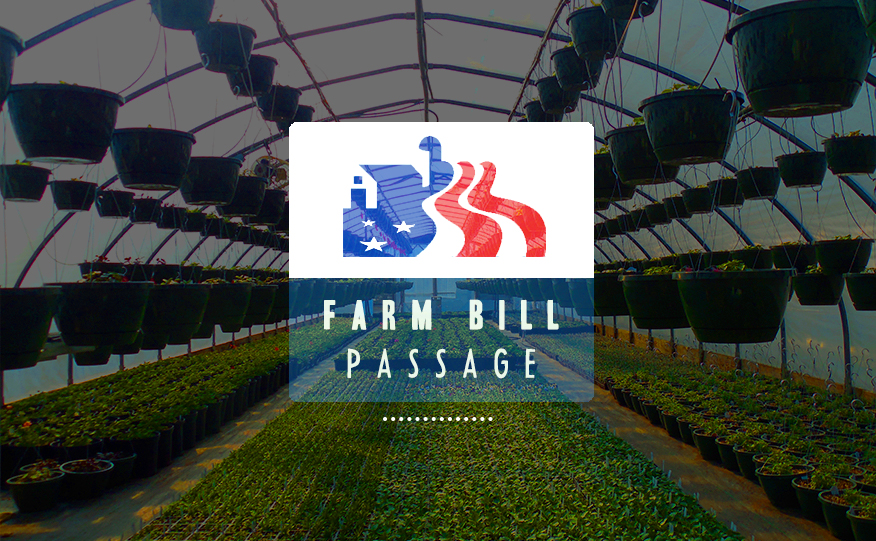Investing in cannabis — particularly CBD — is a tremendous opportunity, according to some market analysts. This industry is much like tech in the late 1990s, according to Carol Bartz, former Yahoo CEO in a CNBC interview after telling she had invested in Caliva, a cannabis company in California.
Bartz and NFL Hall of Famer Joe Montana, and other investors poured $75 million into Caliva’s recent fundraising campaign. The San Jose, CA-based company grows marijuana, produces vape oils and sells them at its dispensary.
CBD Boom
CBD (short for cannabidiol) is a compound extracted from marijuana and industrial hemp, a strain of cannabis plant. While marijuana remains illegal in many states and at the federal level, the 2018 Farm Bill, signed by President Donald Trump in December, decriminalizes hemp and products derived from it.
Advocates of cannabis and hemp hailed the passage of the law, saying that the bill may provide a boost to the new but booming CBD industry. From a total of $350 million in consumer sales last 2017, the market research company Brightfield Group expects its sales to reach $22 billion in 2022.
Other observers claimed the signing of the bill is a big step toward the legalization of cannabis at the federal level. As of January 2019, 33 US states have legalized medical marijuana while ten of these states have decriminalized the recreational weed.
Brightfield identified CBD firms expected to perform well in the coming days. Five of them — CW Hemp or Charlotte’s Web Holdings, CV Sciences, Elixinol, Isodiol International, and Medical Marijuana Inc. — are publicly traded.
Unclear Legal Stand
However, analysts say the legality of the production and distribution of CBD is still unclear. Producers are still uncertain how the Drug Enforcement Administration (DEA) will respond to the Farm Bill, Daniele Piomelli, the director of the Center for the Study of Cannabis in University of California, Irvine said. When interviewed by Business Insider, DEA spokesperson Katherine Pfaff only said unless a CBD product is “intended for human consumption,” it is still a Schedule 1 drug.
Now that hemp is legalized, the CBD industry may expect more R&D funding and new products for consumers. Consumers can buy products food, beverage, supplements, beauty products with CBD content in cannabis dispensaries in some states.













